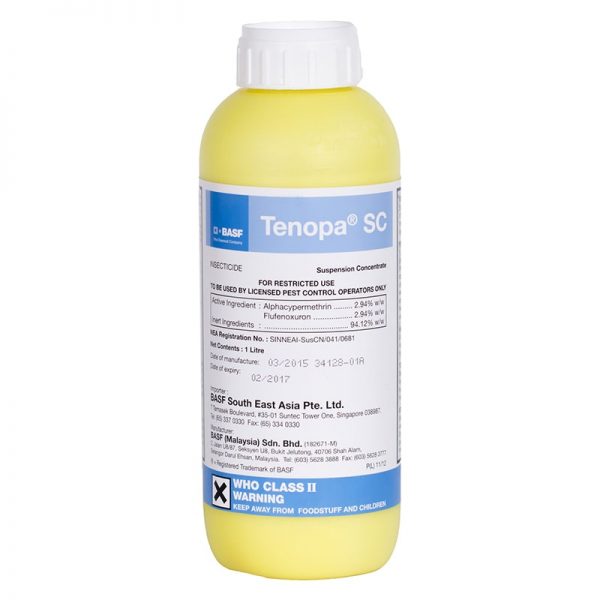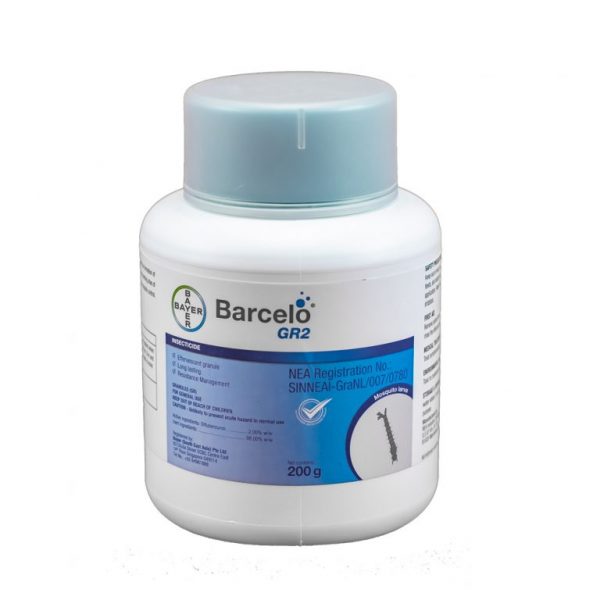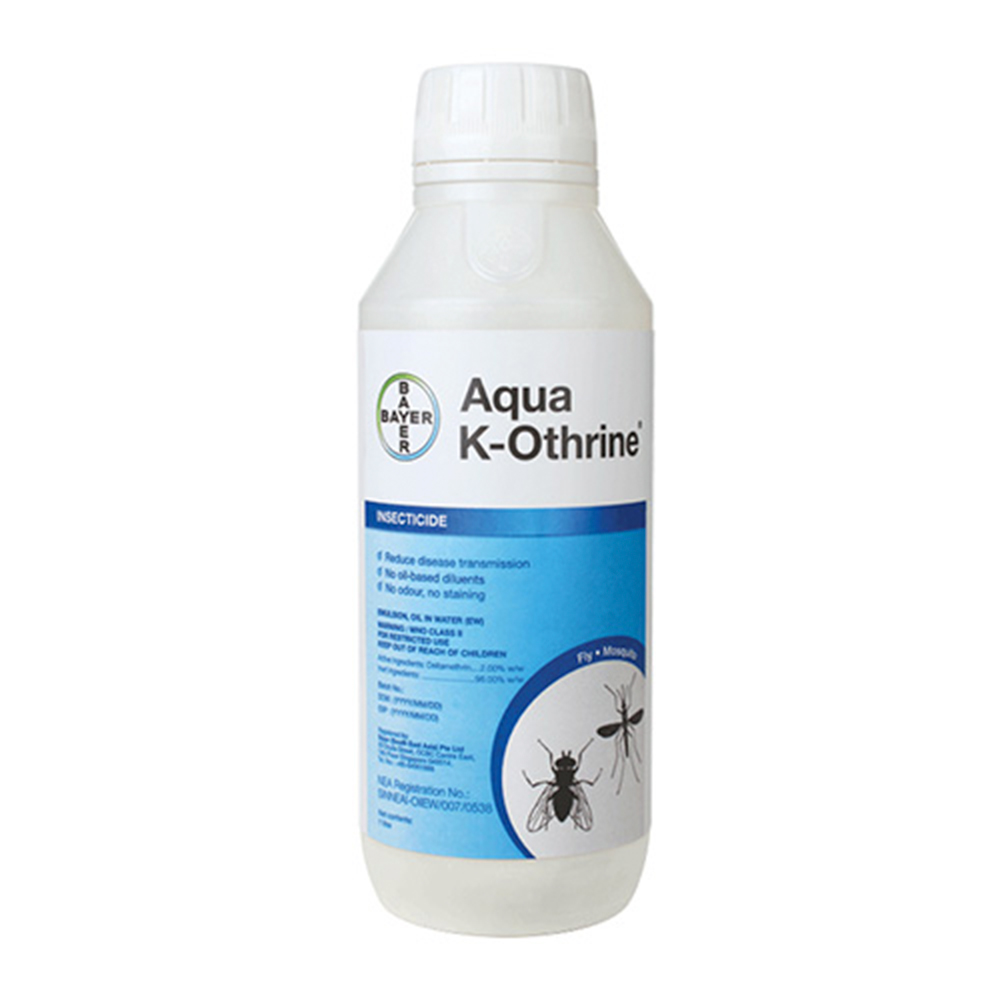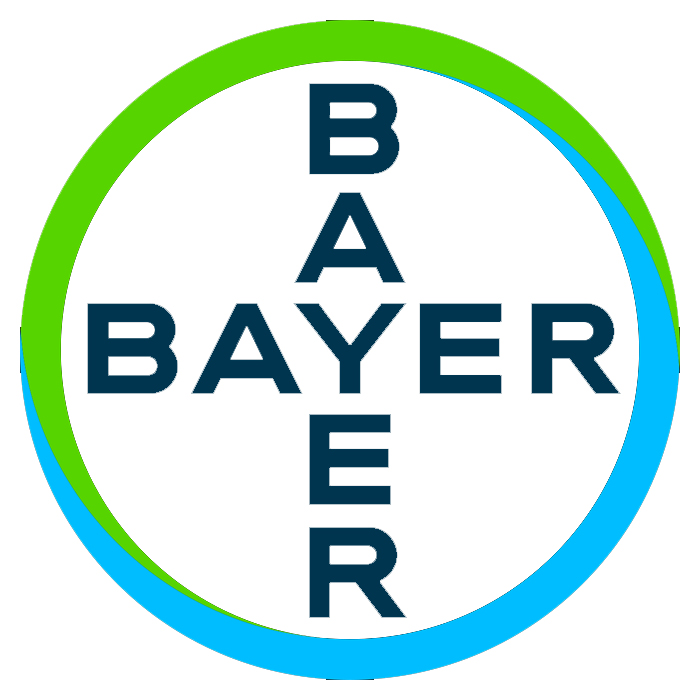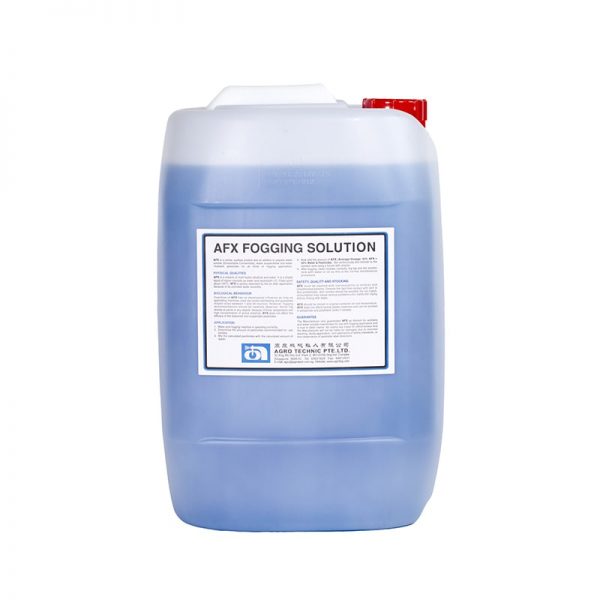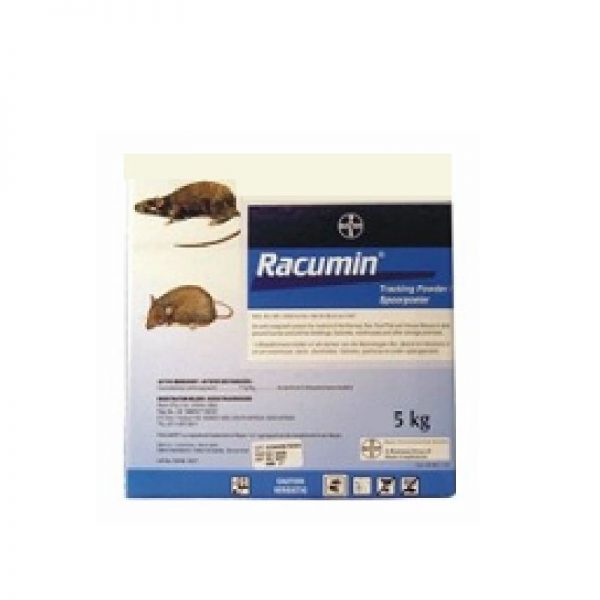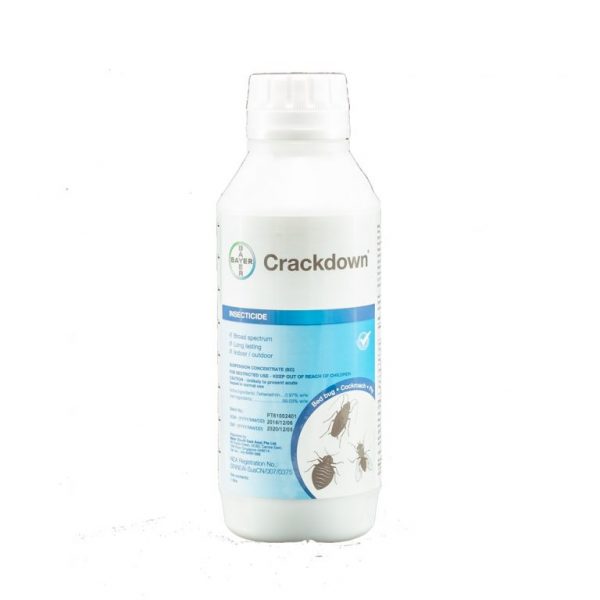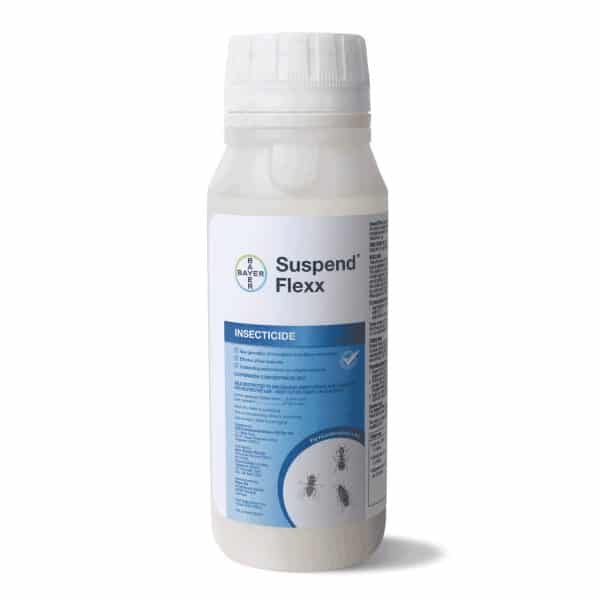Aqua K-Othrine®
Developed by Bayer, Aqua K-Othrine® is fully WHO Prequalification (WHO PQ) evaluated and recommended for both outdoor and indoor uses. It is now widely used in many countries including Mexico, Brazil, Thailand, Vietnam and others.
Aqua K-Othrine® has been developed with the needs of the community and sustainability in mind. Its unique formulation delivers rapid knockdown of adult mosquitoes without the need for dilution in oil.
Benefits of Diluting With Water
As water can be used as the diluent, Aqua K-Othrine® is easy to use. It also minimizes flammability, smell, staining, paintwork damage, toxicological risk and pollution.
This makes Aqua K-Othrine® a more acceptable solution for communities, for operators, and the environment.
Aqua K-Othrine® also significantly reduces costs as water is cheaper than oil, is more readily accessible which reduces transportation costs, and is easier to work with, thereby reducing operational costs. This means that larger areas can be treated and be protected within budgetary, time, and geographical constraints.
The Sustainable Decision
Whether you are a pest control operator or a local authority, when making the choice for which space product to use, consider all the benefits of Aqua K-Othrine®.
You will find Aqua K-Othrine® makes perfect sense for sustainable mosquito management.
Better community protection in a more sustainable manner
With Aqua K-Othrine® there’s no oil, no odour, and no staining. It’s cleaner for the environment, yet it’s still just as powerful in protecting communities from vector-borne disease.
Specify Aqua K-Othrine®
-
- Reduced disease transmission
- No oil-based diluents
- No odour, no staining
- With or without visible fog
- Lower operational cost
- WHO PQ evaluated and approved
- Suitable for use in a wide variety of situations
- Suitable for use through ULV and thermal fogging equipment
- Produced by Bayer – a leading provider of public health solutions
Protecting communities against dengue and vector-borne diseases
Mosquitoes are responsible for the transmission of some of the world’s most deadly and debilitating diseases including malaria, dengue, and chikungunya. The key to protecting communities relies on reducing the disease carriers – the mosquitoes. By managing mosquito populations, disease transmission can be reduced, and local communities protected.
Mosquito Control Programs
To be effective, mosquito control programs need to be implemented across whole communities.
Five important actions can be considered:
-
-
- Education of the community
- Control of mosquito larvae
- Encouraging the use of insecticide treated bed nets
- Conducting indoor residual spraying
- Conducting space spraying
-
For dengue and chikungunya management – community education, control of larvae, and application of space sprays are important measures.
For malaria control – the use of insecticide bed nets, indoor residual spraying, as well as community education and application of larvicides are important.
Sustainable Mosquito Management
As mosquito management is conducted in close association with the community, it’s important that- measures taken are compatible with both the needs of those living in the community as well as being sustainable.
Sustainable mosquito management entails:
-
-
- Effective mosquito control to reduce disease transmission
- Minimizing disruption and disturbance to ensure community acceptance
- Minimizing costs to maximize community coverage within budget constraints
- Maximizing operational efficiency to maximize community coverage within time and geographical constraints
- Using carefully selected products to minimize environmental impact
-

 CHEMICALS
CHEMICALS